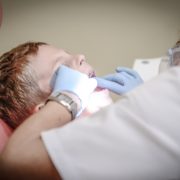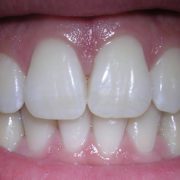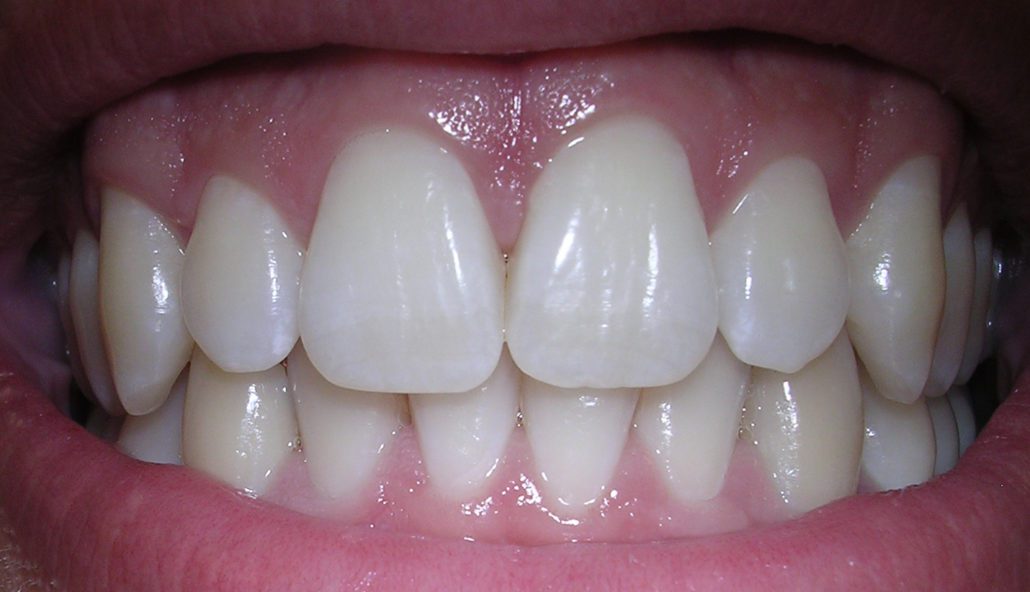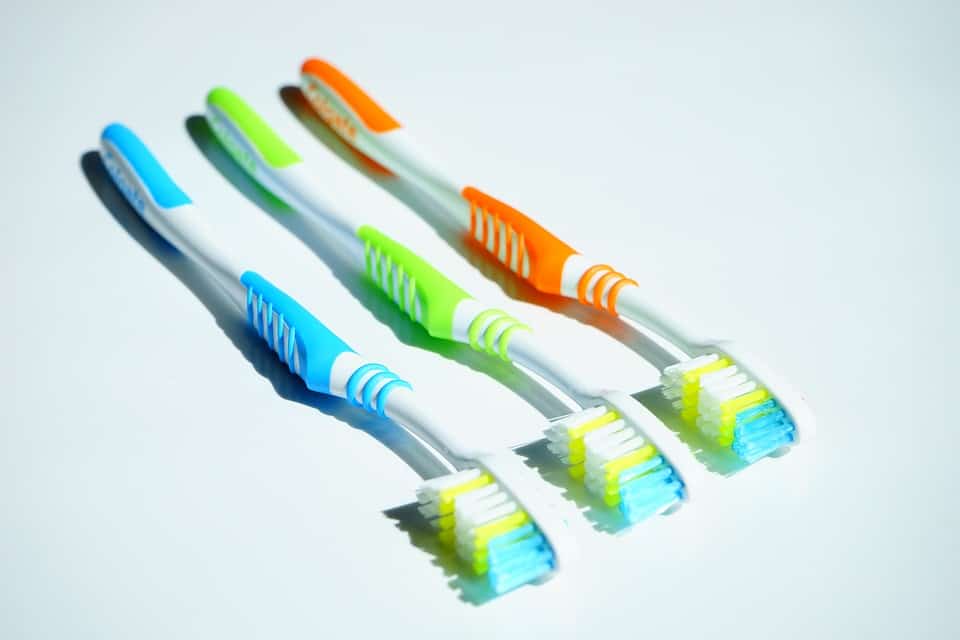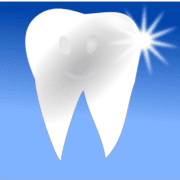6 Reasons to Choose Maple Ridge Dentists | Cedar Ridge Dental
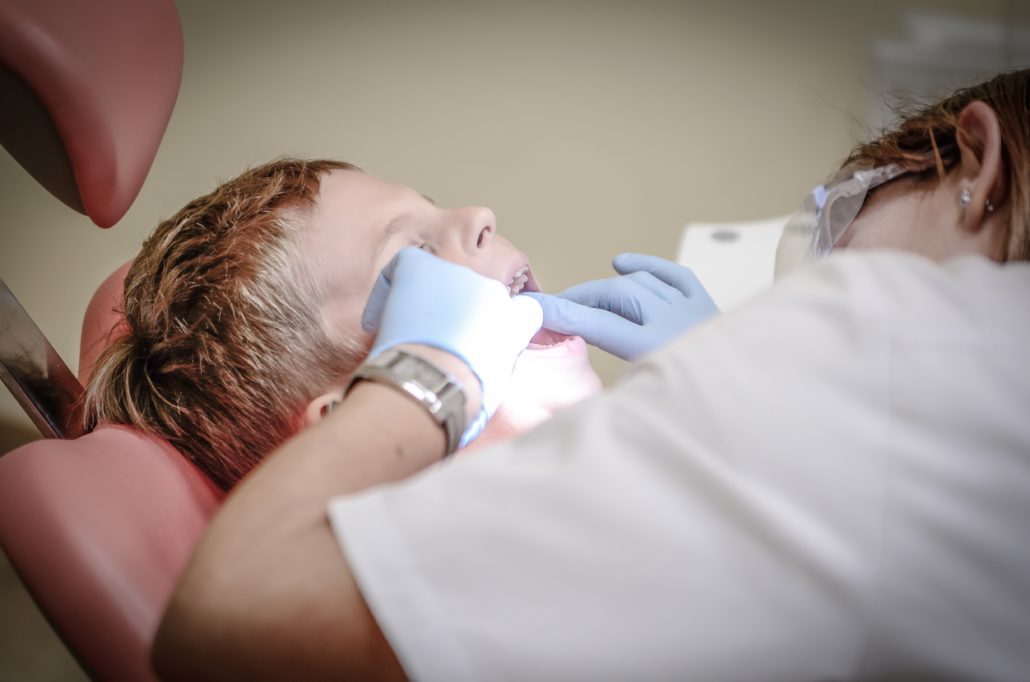
Image © Matt Madd
If you are like most people, visiting the dentist every six months is not your favorite thing to do. Even though you don’t look forward to it, it is an appointment that you need to keep. If you have ever wondered why you need to go to the dentist for regular checkups and cleanings, there are excellent reasons.
Some people skip their regular dental visits because of the cost of the visit. Some avoid going to the dentist because they don’t have the time. Many people avoid going to the dentist because they are afraid of the dentist and they suffer from dental anxiety. If you fall into one of these categories, you should understand the risks of skipping your regular visits to the dentist. Avoiding seeing the dentist can result in severe problems that would require a great deal of dental treatment that is very expensive. There are several significant reasons why should make sure to see your dentist regularly.
#1 Detection of Oral Cancer

If caught in the early stages, oral cancer is very treatable. If it isn’t, it can be life-threatening. There are several symptoms of oral cancer, and they can all be difficult recognize unless you are a medical professional. Your dentist is highly trained to be able to identify the signs and symptoms of oral cancer. If you make it to your visits every six months and you have oral cancer, your dentist will be able to catch it in the early stages. When it comes to detecting abnormalities in your mouth that could be oral cancer, your dentist is the one who can do it.
Most dentists perform a VELscope Cancer exam if there is an abnormality in your mouth. It is a non-invasive, pain-free test that is usually covered by MSP. The test lasts just a minute or two, and it can catch any invisible signs of dead tissue in your mouth that are caused by tumors. If there is a tumor, they would be lit up by a special light that is placed in your mouth. Since this test is completely painless and takes very little time, you would be crazy not to see the dentist. This test can save your life.
#2 Cavities, Plaque, and Tartar
Regardless of how often and well that your brush and floss your teeth, there are areas of your mouth that you won’t be able to reach. When the plaque builds up on your teeth, it will be challenging and in some cases impossible to remove with your toothbrush and then it will turn into tartar. Unfortunately, tartar is very difficult to remove without professional help. You may call our dentists in Maple Ridge to book an appointment.
When you have your teeth cleaned regularly, it will keep the tartar from eroding the teeth and creating holes in them, also known as cavities. Cavities are sneaky, and they don’t give you a warning when they are going to occur. Typically, you will get a minor toothache, but only after the tooth is already decayed. When the damage is done, and you have cavities, you will need to have them filled. If the decay is severe, you would need a root canal or have the tooth extracted. Tooth decay can all be avoided if you go in for your regular dental cleanings to have the plaque and tartar removed before it causes any serious damage. In the long run, regular dental cleanings are much less expensive than a filling, a root canal, and an extraction.
#3 Gum Disease
Tartar and plaque buildup can do more than cause tooth decay. They can also erode the gum tissue in your mouth. If this happens, you can develop an infection in the area where the gum is connected to the tooth. This can cause the gum to pull away from the tooth. The disease is called gingivitis, and as it progresses, the tissue that attaches the teeth to the gums can break down. When the damage has reached this point, it is considered gum disease. It is at this stage that your gums will start to bleed, swell up, and feel sore. In severe cases, the gum disease can begin to break down the bone that holds your teeth in your mouth. At this point, your teeth can become loose, and they can even fall out. To treat the problem, you would need drastic dental treatment to repair the damage.
At this stage of the game, you would need to see a specialist, which can be expensive. The treatment of the problem can be more expensive. Depending on the severity of your condition, you could need an intense cleaning, medication, and even surgery. If you want to avoid all of these problems and the cost, you should make it a point to see the dentist every six months. If you have gum disease, your dentist will be able to catch it early on and then take action.
#4 Keeping Bad Habits In Check
There are plenty of bad habits that can hurt our oral health. There are things that you could be doing that aren’t even bad such as biting your nails, clenching your jaw, chewing on ice, drinking coffee or red wine, smoking, eating hard or sticky candy, and brushing your teeth too hard. At your regular dental visit, your dentist will be able to check for any damage that has been caused by your poor habits. When you are advised about your bad habits, you can try to stop before you cause any further damage to your teeth. Also, your dentist can treat any damage that has already been done by your bad habits.
#5 Problems Can Be Found Below the Surface Of the Teeth With X-Rays
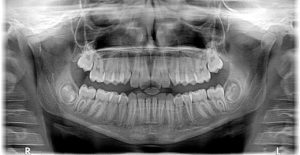 When you see your dentist every six months, an x-ray of your teeth and jawbone will be taken. The x-ray will give the dentist an opportunity to see what is happening below the surface of the mouth. If any issues are not visible to the naked eye, they can be dealt with immediately. An example of this type of problem is an impacted tooth. This is a tooth that is trying to grow but is blocked by the gum line. This often occurs with wisdom teeth. An x-ray can also catch issues such as bone decay, cysts, tumors, and swelling that is impossible to see without the help of an x-ray. The sooner these problems are caught and treated, the better. The best way to be sure that you don’t have any underlying issues, you should make it a point to see your dentist every six months.
When you see your dentist every six months, an x-ray of your teeth and jawbone will be taken. The x-ray will give the dentist an opportunity to see what is happening below the surface of the mouth. If any issues are not visible to the naked eye, they can be dealt with immediately. An example of this type of problem is an impacted tooth. This is a tooth that is trying to grow but is blocked by the gum line. This often occurs with wisdom teeth. An x-ray can also catch issues such as bone decay, cysts, tumors, and swelling that is impossible to see without the help of an x-ray. The sooner these problems are caught and treated, the better. The best way to be sure that you don’t have any underlying issues, you should make it a point to see your dentist every six months.
#6 Check of the Head, Neck, and Lymph Nodes
During a regular dental visit, your dentist will check your mouth, gums, and tongue for signs of oral cancer. Also, the dentist would check your jaw, neck, and lymph nodes that are located just below the jawline. If there is any swelling, lumps, or other abnormalities, they should be caught quickly. These are all potential signs of serious issues. If your dentist were to discover an abnormality, they would refer you to the appropriate specialist. If your lymph nodes are swollen, you likely won’t know it. Swollen lymph nodes don’t hurt, and you won’t notice anything out of the ordinary. Since swollen lymph nodes could be a sign of cancer or another serious disease, it is best if the problem is caught as soon as possible. It takes the dentist just a minute or two to check your lymph nodes, but it could save your life.
Are Regular Dental Checkups Worth the Effort?
Dentists are not only concerned with fixing your teeth. They are also concerned with cleaning your teeth, making sure that your teeth and gums are healthy, and they check for abnormalities that could go unnoticed until serious damage occurs. Your dentist will make sure that your jawbone is healthy and that you don’t have any bad oral habits.
You might think that skipping your dental appointments is not a big deal when in reality it could be hazardous to your health. When you see us at Cedar Ridge Dental in Maple Ridge every six months, you can be sure that your teeth are clean and your gums are healthy. Any underlying conditions will also be caught.

